REGISTRATION FOR ON-DEMAND VIEWING IS OPEN
VVMA Winter CE Conference 2025
Thank you Platinum Sponsors!
 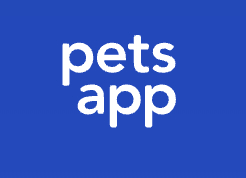
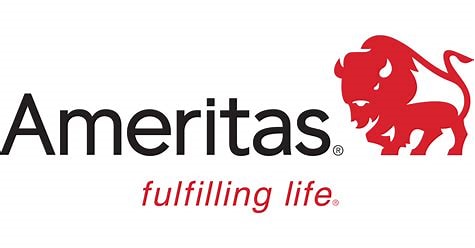
Thank you Bronze Sponsor!
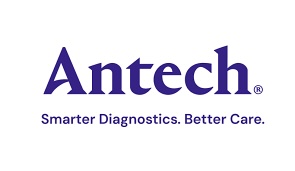
We are pleased to present the recordings of programs presented at the VVMA Winter 2025 CE Conference.
All programs will be available for viewing through March 31.
Small Animal Track: 6 CE hours by Dr. Eric Ledbetter on Ophthalmology
(this program is a deeper dive into the topic than what was presented at the VVMA June webinar)
Dr. Ledbetter is a diplomate of the American College of Veterinary Ophthalmologists and the James Law Professor of Ophthalmology at the Cornell University College of Veterinary Medicine. After graduating from the University of Missouri College of Veterinary Medicine, he completed a small animalmedicine and surgery internship at Texas A&M University College of Veterinary Medicine and a comparative ophthalmology residency at Cornell University, where he joined the faculty in 2006. 
Dr. Ledbetter’s research interests include in vivo ocular imaging techniques, ocular infectious disease, and corneal disease. In addition to research and teaching endeavors, Dr. Ledbetter provides clinical ophthalmology services within Cornell University’s Companion Animal and Equine & Farm Animal Hospitals.
Course Description:
A Color-Coded Approach to Recognizing Corneal Pathologies
Corneal clarity is required for normal vision and corneal pathology predictably results in a loss of transparency. The specific corneal color change associated with the reduced transparency of the diseased cornea is often indicative of the underlying pathologic response, can assist in determining the etiology of the corneal lesion, and contributes to the development of a treatment plan. Basic corneal pathologic responses and their clinical appearance will be reviewed.
Learning Objectives
1) To understand the basic pathologic responses of the cornea and the associated color change clinically observed with each
2) To be familiar with the potential etiologies of each discussed clinical corneal color change
Clinical Management of Canine and Feline Conjunctivitis
Conjunctivitis is among the most frequent ocular diseases for which companion animals are presented to veterinarians for medical evaluation. The clinical signs of conjunctivitis and basic clinical approach to dogs and cats with conjunctivitis will be reviewed. Clinically relevant etiologies of conjunctivitis in companion animals will be discussed with their appropriate therapeutic management. The primary etiologies of conjunctivitis will be emphasized, including allergic, frictional irritant, immune-mediated, infectious, and traumatic conditions.
Learning Objectives
1) To understand the different clinical signs associated with conjunctivitis and basic clinical approach to dogs and cats with conjunctivitis
2) To be familiar with the etiologies of conjunctivitis in companion animals, including their appropriate therapeutic management
Ocular Manifestations of Systemic Endocrine, Metabolic, Hematologic, and Infectious Diseases in Dogs and Cats
The ocular examination is a valuable diagnostic tool for a wide-range of systemic disorders and is frequently underused by clinicians for this purpose. Ocular lesions are commonly observed with a variety of systemic diseases. Common and clinically-important ocular lesions associate with systemic endocrine, metabolic, hematologic, and infectious diseases will be discussed.
Learning Objectives
1) To understand the different ocular manifestations associated with the following clinicopathologic abnormalities: hyperglycemia, hypocalcemia, hyperlipidemia, and hyperbilirubinemia.|
2) To be familiar with systemic vascular disorders that can produce ocular manifestation.
3) To discuss the major infectious diseases associated with ocular manifestations in dogs and cats, including basic pathophysiology and clinical ocular lesions.
Large Animal Dairy/Bovine with Dr. Amelia Woolums - 6 CE Credits
Dr. Amelia Woolums is the Mikell and Mary Cheek Hall Davis Endowed Professor of Beef Cattle Health and Reproduction in the College of Veterinary Medicine at Mississippi State University. Dr. Woolums received her DVM in 1988 from Purdue University. She completed her large animal medicine residency at the University of Saskatchewan, and a PhD at the University of California at Davis, where she studied the immune response of cattle to BRSV vaccination. She is a Diplomate of the American College of Veterinary Internal Medicine, and the American College of Veterinary Microbiologists. At Mississippi State University Dr. Woolums has teaching and service duties, and she conducts research on BRD prevention and vaccination and immunity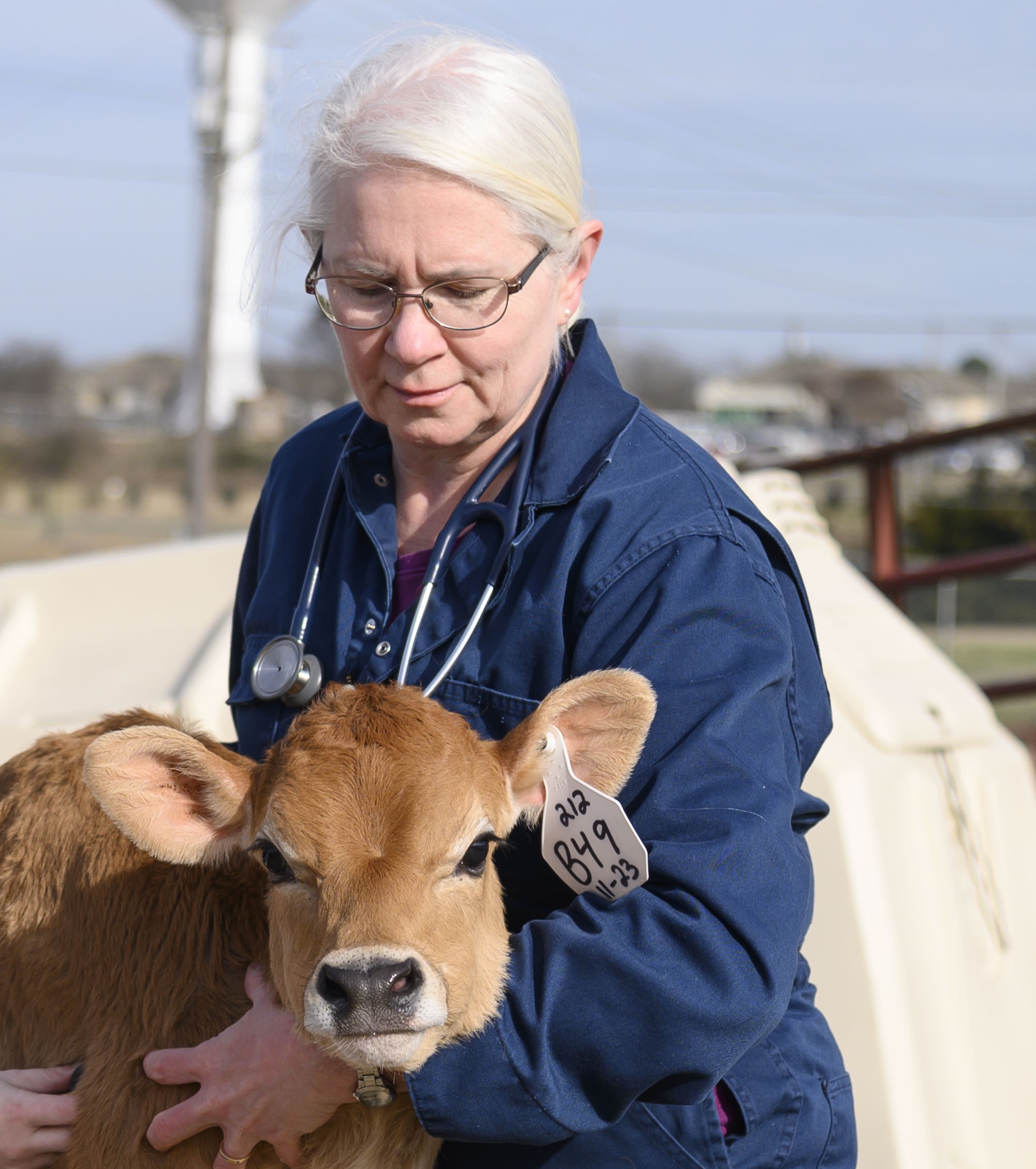 in cattle and calves. in cattle and calves.
Course Description:
- The amazing immune response: review and update (1.5 hours): Review of the innate and adaptive immune responses, and the aspects of each that are critical for protection from infection by viruses, bacteria, and parasites in cattle and other species.
- Vaccination and immunity in calves (1.5 hours): Update on unique aspects of the immune response in calves, passive immunity from colostrum intake, and discussion of the results of field trials testing the benefits and limits of young calf vaccination.
- Vaccination to control bovine respiratory disease: what's the latest? (1.5 hours): A review of current information regarding the efficacy of vaccination to control respiratory disease in cattle, with discussion of case examples.
- Respiratory disease in recently weaned beef calves: new developments (45 minutes): While immunodeficiency due to stress is commonly blamed for respiratory disease in recently weaned beef calves, recent findings suggesting a role for other mechanisms will be discussed.
- Antimicrobial resistance in bovine respiratory disease (45 minutes): Historically antimicrobial resistance did not appear to be a problem in bacteria that contribute to BRD, but evidence that things are changing will be presented.
Large Animal Track - Equine Dentistry with Dr. Amelie McAndrews, DVM, DAVDC-Eq - 4 CE Credits

Dr. McAndrews is a graduate of Michigan State University College of Veterinary Medicine, class of 2009. After an internship and time as an equine general practitioner, she founded her dentistry exclusive practice, Garden State Equine Veterinary Dentistry, in 2015. Her practice is based in New Jersey. She completed a residency in equine dentistry and oral surgery and became board certified in 2022. Besides managing her own practice, she is a clinical associate at the University of Pennsylvania’s New Bolton Center, where she manages the dentistry caseload.
Course Description:
Lectures (50 min each):
Making sense of the horse’s mouth: an anatomy and oral exam review
- Objectives of this presentation are a review of equine dental related anatomy, how to do a five point oral exam and common oral exam findings.
Equine dental radiology: obtaining and interpreting diagnostic digital radiographs
- This presentation will cover how to obtain high quality equine dental radiographs, radiographic anatomy, and interpretation of equine dental radiographs.
Something doesn’t look right, now what: approaches to common dental pathology
- This presentation will cover common dental pathologies that equine general practitioners will find and how to treat them.
Equine dental case studies: when things go as planned (and when they don’t)
- This presentation will cover common, more complex dentistry cases equine general practitioners may encounter. It will also cover how to determine which tooth extraction cases may be successfully completed on the farm versus when referral may be necessary.
- I will review how to utilize a dental mirror and oral endoscope in the equine oral exam and will practice obtaining diagnostic equine dental radiographs.
Thank You for Your Generous Sponsorship
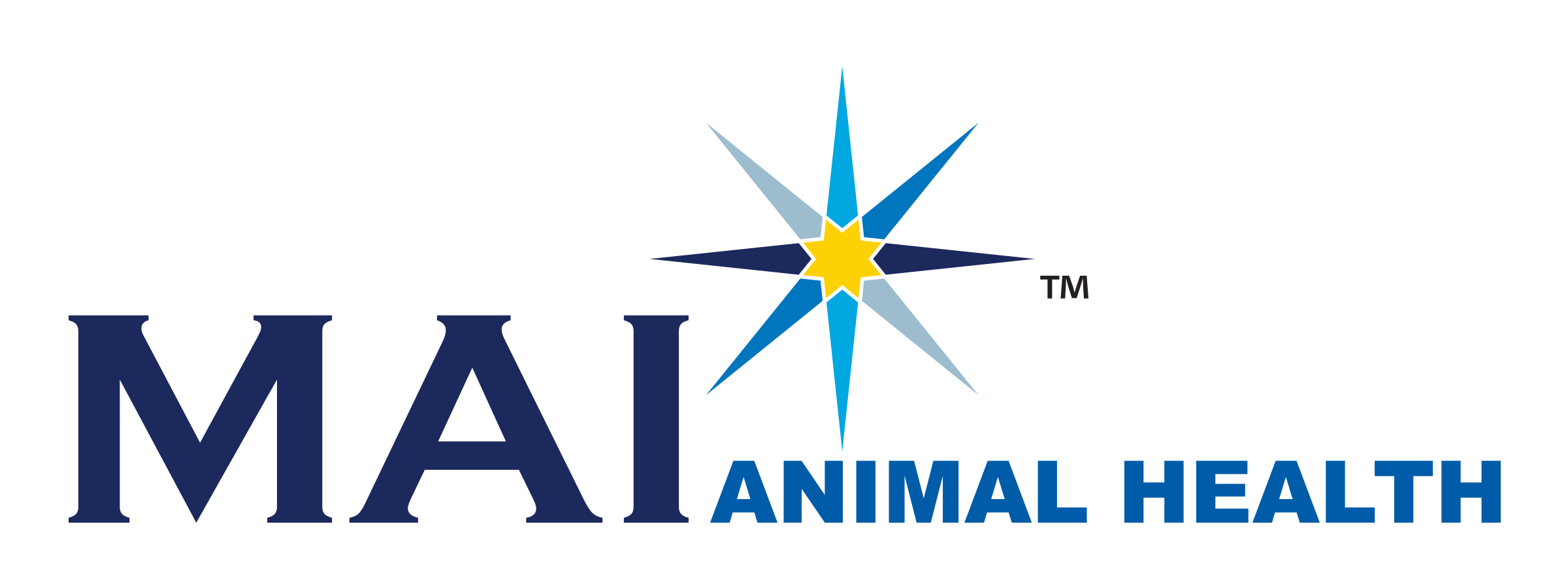


Registration Fees
| |
One Program |
2 Programs |
3 Programs |
| Members |
$250 |
$450 |
$600 |
Lifetime, Retired, and
Non-veterinarians |
$200 |
$360 |
$480 |
| Non-Member Veterinarians |
$350 |
$630 |
$840 |
CE Certificates
Please send an email to [email protected] attesting to having viewed the program(s) in their entirety. Certificates confirming your participation in the CE program will be provided in a digital format and will be emailed to you. Questions? Call VVMA Executive Director Linda Waite-Simpson at 802-878-6888 or email [email protected].
|






 in cattle and calves.
in cattle and calves.


